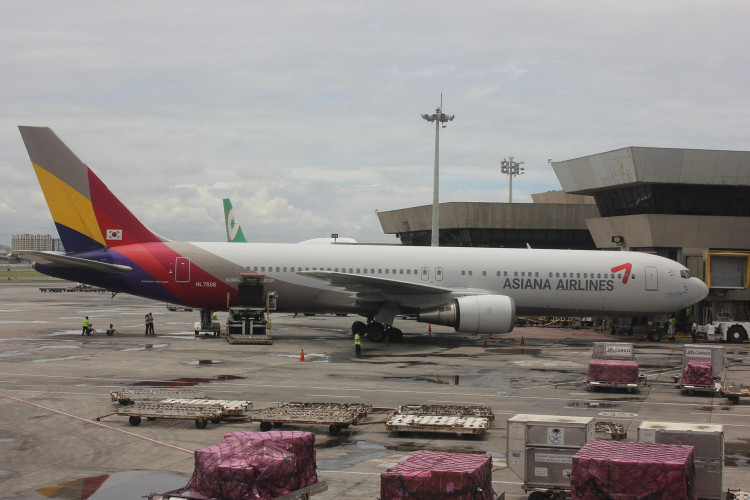A proposal to convert a former US military facility near the Philippines' capital city into an international aviation center in the next coming years is moving ahead as planned after a Chinese-backed company formally won the bidding on Friday.
The group of government-operated China Communications Construction Co. Ltd. and Philippine business tycoon Lucio Tan's MacroAsia Corporation has been awarded the initial phase of the Sangley Point International Airport project.
The Chinese consortium and MacroAsia will also have the upper hand for the SPIA's $6 billion second phase project after securing last Friday the award for the development of the first phase from the provincial government of Cavite, which disclosed the project to the Philippine Stock Exchange.
Tan and his group of developers were expecting the project award, considering that the consortium was the single bidder that submitted its joint venture bid to the Cavite Government on December 17, last year.
MacroAsia and China Communications are expected to sign the joint venture project deal, to be followed by 12 to 18 months of detailed architectural and engineering design phase and financial closing.
The first phase of the Sangley Point project scheduled to break ground around the middle of the year is a $4 billion program that involves the transformation of an interim runway designed to accommodate around 25 million passengers annually.
The initial phase will also cover the new Sangley Point Connector Road and Bridge, a 6-lane expressway that features an urban mass transit system that directly connects the Manila-Cavite Expressway's Kawit Interchange to the SPIA.
The Sangley Point development has already attracted controversy considering its adjacency to Metro Manila, situated around 35 kilometers away, and China Communication's role in the development of islands in the waters in the West Philippine Sea in the midst of territorial claims with China.
Furthermore, documents on the Philippines-China infrastructure partnership seen by the Inquirer showed that SPIA was among development ventures identified in China's Belt and Road Initiative. The same report also showed that a Chinese partner was preferred, making other prospective bidders to withdraw from the bidding.
"Hopefully, the group of companies signs all papers by this month. Upon the start of the construction, we should be able to have the first runway operational already, which should automatically expand NAIA's capacity by double," Cavite Governor Jonvic Remulla said during the inauguration of the SPIA.
The China-Philippines joint venture is a colossal project that will involve the reclamation of more than 1,400 hectares of land in Manila Bay. The objective is to ease the capital city's Ninoy Aquino International Airport, which has been operating well beyond its existing capacity.






